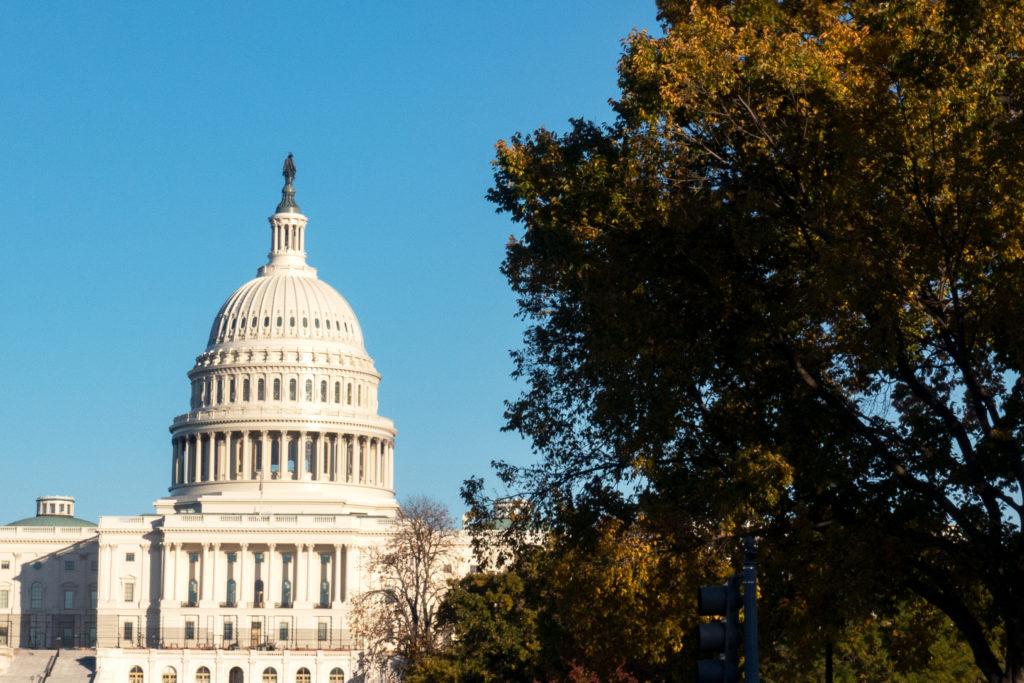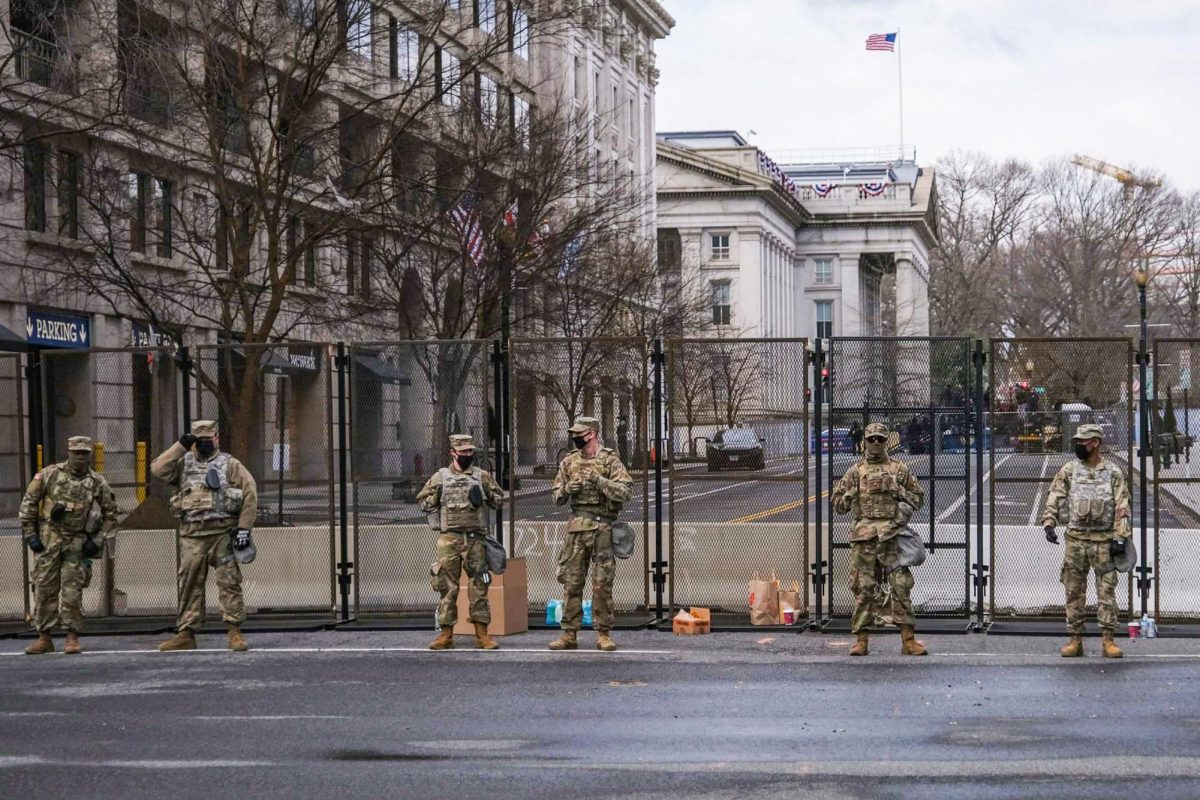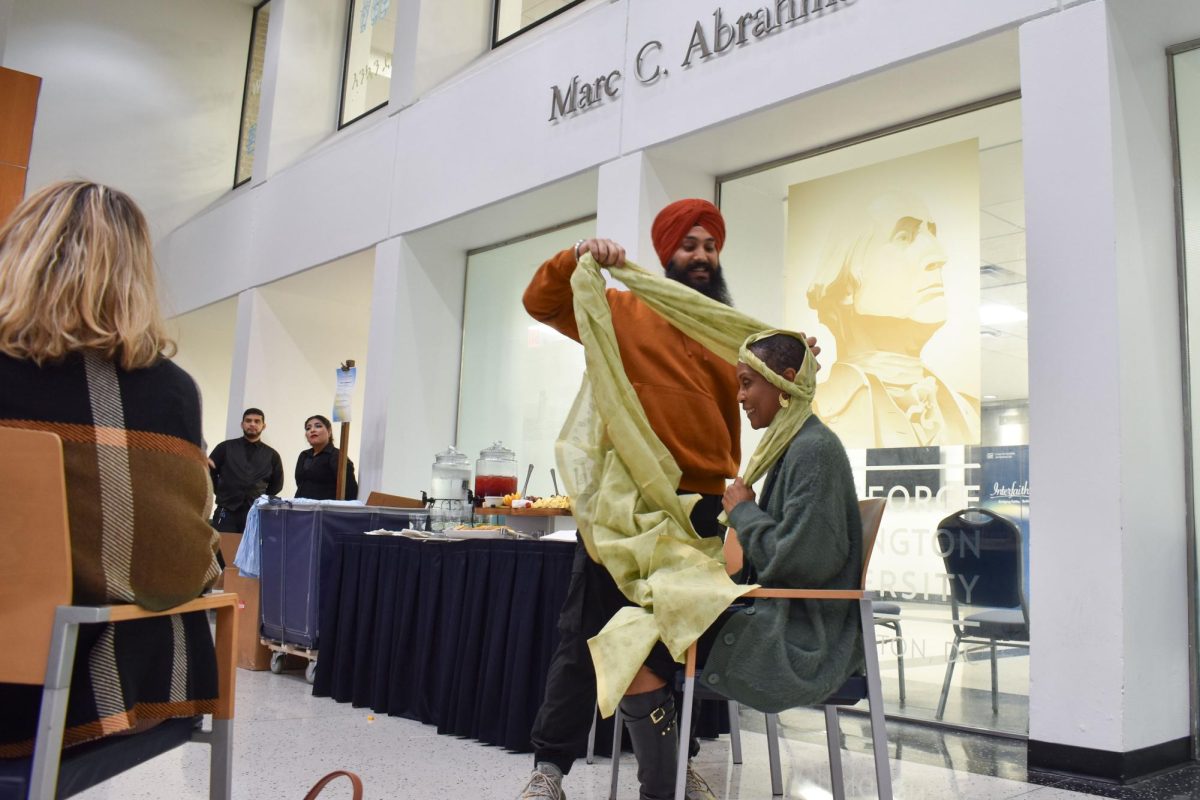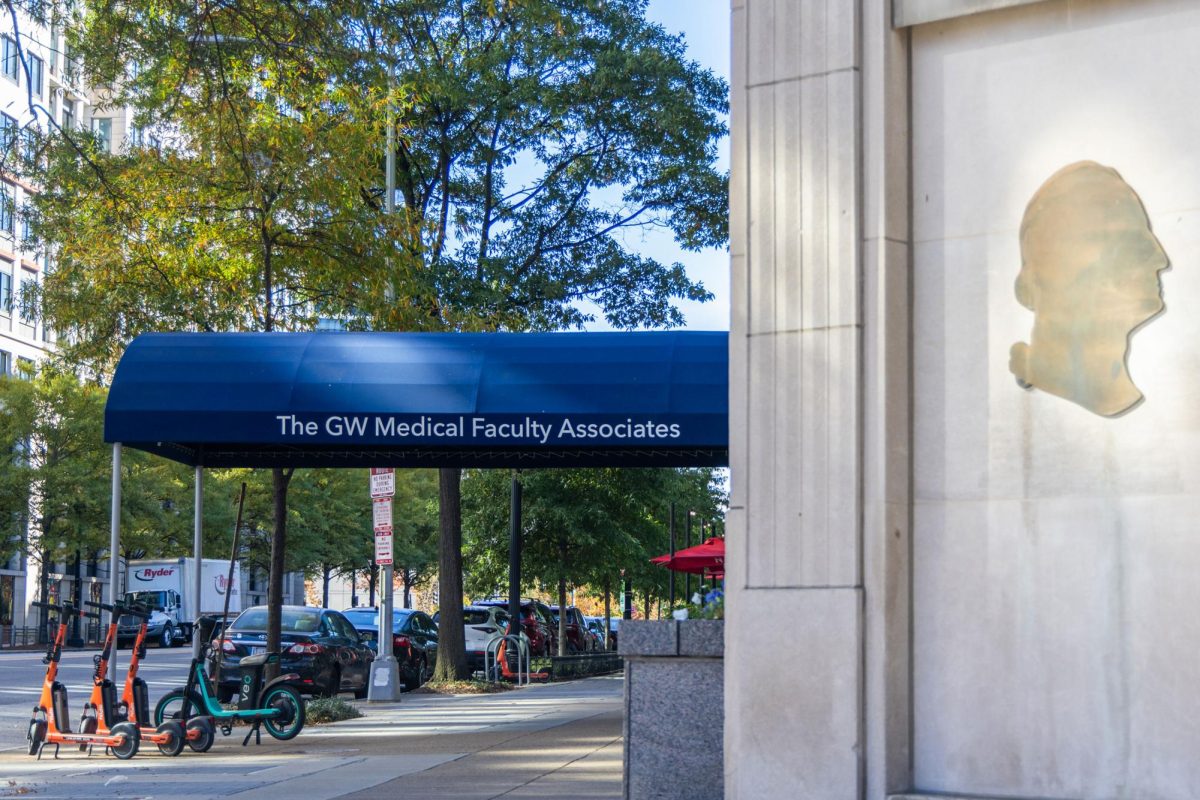Sen. Tom Carper, D-DE, and Rep. Eleanor Holmes Norton, D.C.’s nonvoting delegate in the U.S. House of Representatives, held a joint press conference Tuesday announcing the Senate introduction of a bill that would make the District the 51st state.
Carper introduced the Washington, D.C. Admission Act as the companion to the House version Norton introduced earlier this month, which would grant the District statehood with the ability to pass legislation without approval from Congress and voting representation in both the Senate and House. Sen. Chris Van Hollen, D-MD, D.C. Mayor Muriel Bowser and D.C. Council Chair Phil Mendelson also gave remarks in favor of the legislation, which is co-sponsored by 42 Senate Democrats.
“We dare to believe that statehood for the residents of the nation’s capital is finally on the horizon,” Norton said.
Norton introduced The Washington, D.C. Admission Act for the third time in three years on Jan. 10, which the House already passed in June 2020 and April 2022, when Democrats held the majority. The act failed after Democrats were unable to rally enough votes to meet the simple majority requirement in the Senate.
Democrats took a 51-seat majority in the Senate during the 2022 midterm elections, potentially giving them the majority needed to pass the act.
Norton said the majority of Americans, including 42 percent of Republicans, are in favor of D.C. statehood. She added that the District’s residents pay the highest federal taxes per capita of any state and more taxes than 23 states.
Norton said D.C. statehood is “personal” to her due to her family’s three-generation history in the District, beginning with her great-grandfather, Richard Holmes, who escaped as a slave from a Virginia plantation.
“Richard Holmes made it as far as the District of Columbia,” Norton said. “A walk to freedom but not to equal citizenship.”
Carper said D.C. faces a “historic injustice,” but the bill’s passage is increasingly unlikely since Republicans, who previously opposed the bill, hold a 222-213 House majority. He said that Congress’ denial of a voting member for the District is a “historic wrong.”
“At its core, this isn’t truly a Democratic or a Republican issue,” Carper said. “It’s an issue of basic fairness.”
Bowser said 2023 marks 50 years since lawmakers signed The Home Rule Act into law in 1973, which mandates Congress review all legislation the D.C. Council passes, retains authority over the city’s budget and that the President appoints all District judges. Bowser said D.C. has been reminded of how “limited” the act can be because of unrelated provisions lawmakers add to Congressional D.C.’s legislation and threats from the White House to take over the Metropolitan Police Department under former President Donald Trump in June 2020.
“This is about democracy and about us achieving our full rights as American citizens,” Bowser said. “So we will continue to fight. We will continue to find new partners and new allies where there were none until we achieve what is right.”
Mendelson said D.C. statehood has become a partisan issue because Republicans find the District “too liberal.” He said partisanship has hurt the District, citing a 25 percent judicial vacancy rate in the District, slow Congressional approval of local bills and the risk of a government shutdown, which would further slow approval of the council’s bills.
“It is time to recognize that the citizens of the District are citizens of the United States,” Mendelson said. “With all the responsibilities of citizens, of citizenship, but they do not have the full rights of U.S. citizens.”










